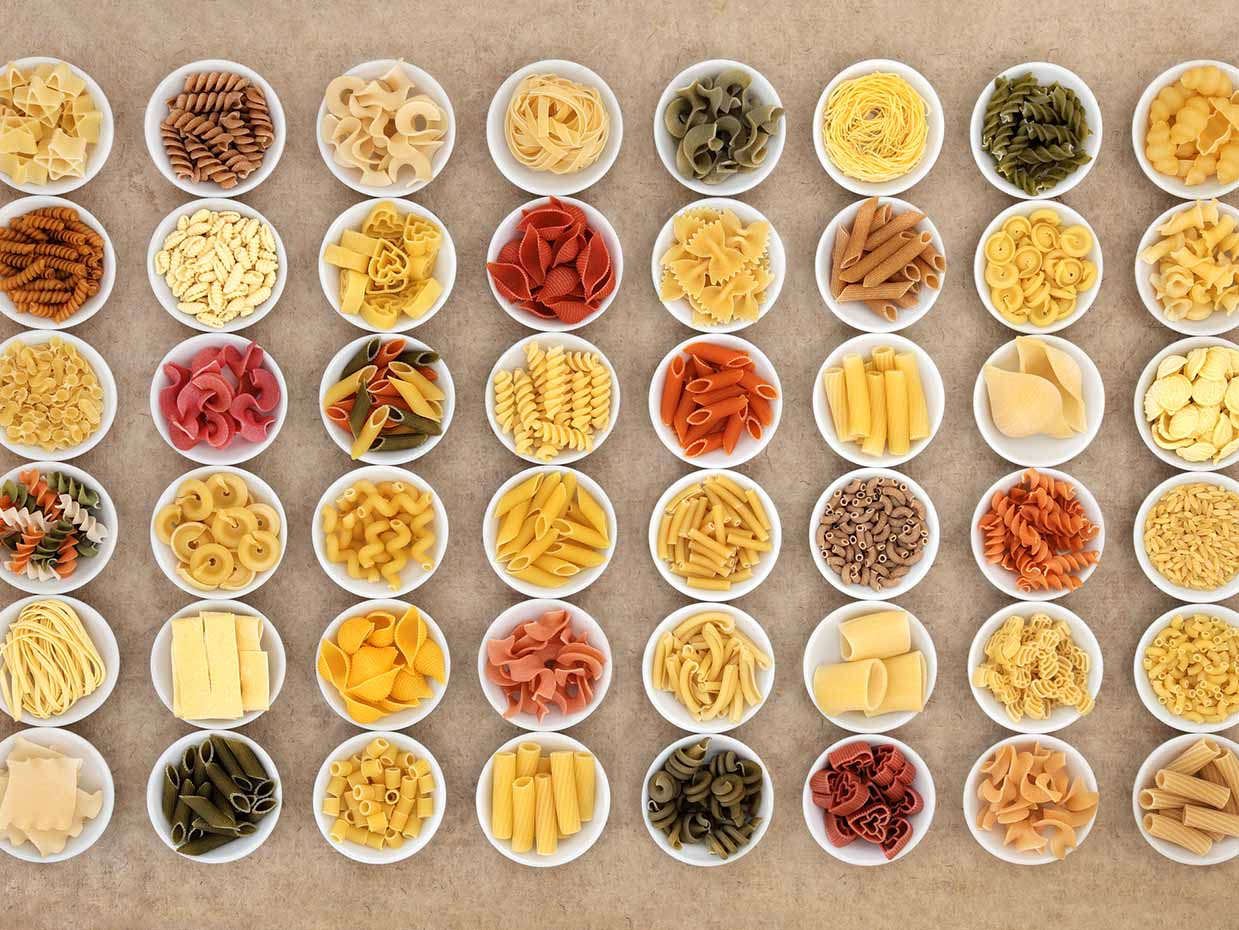Families For Life | Enjoying Time with Your Child: Ways to Connect

DID YOU KNOW?
Playing with pasta pieces, especially macaroni, can be an excellent way to boost your child's acquisition of fine motor skills!
READ MORE

Now that school, teachers and friends are a big part of your child’s world, it can be hard to find time to enjoy being together. But activities and special times help build family relationships, which are still the biggest influence on your child’s development.
Why enjoying special time together is important
When you and your child enjoy special time together, you can learn to see the world from your child’s point of view. It’s a chance to find out more about your child’s likes and dislikes, her worries and her frustrations.
Spending time together is also a way of giving your child your full attention, sending the message that he’s the most important thing to you.
Walks or other activities with you are great opportunities to guide your child in the ways of the world, talk to her, listen to her and enjoy being together.
Playing games and having fun with you can help your child feel happier, be more relaxed and build resilience for the teenage years. That’s why it’s so important to lay the groundwork now.
Sharing special time can be great for you too – it’s your chance to be a kid again and just have fun.
Setting aside some regular special time for the two of you can help your child to handle the times when he doesn’t have your full attention, or the times when you’re apart.
It helps you stay close and up to date with what’s happening in your child’s life and shows that you enjoy and value her company.
In all these ways, sharing happy experiences helps to build your relationship with your child.
Ideas for fun activities to do together
Daily activities
Sometimes you can make special time and have fun as part of your everyday family life:
Cook your favourite dinner or make a special after-school snack together.
Go shopping together and let your child help to make decisions, pay for things and have conversations with shop assistants.
During car trips, the non-driving parent can play games such as ‘I spy with my little eye, something that starts with (and say a letter of the alphabet)’ or ‘Who can see the next car with a number plate that starts with....?’ and so on. You can also sing along together, changing words to make the song silly or bring in the names of family members.
Play and games
Here are ideas for more structured fun activities:
Play word games and make up jokes and riddles together. You can start with jokes like ‘Knock knock’ or ‘Why did the chicken, frog, cow (whatever makes you laugh) cross the road?’ Then get your child to make up his own.
Rough-and-tumble play can help your child learn how to be strong without hurting. It can also help your child learn how to ‘wind down’ from a state of high excitement. But if you find it revs your child up, try not to have rough-and-tumble play too close to bedtime.
Play board games like ‘snakes and ladders’, dominoes and simple card games. These will help your child to learn to play fair.
Outdoor activities
Here are ideas for getting outside with your child:
Play outdoors together. It’s not only fun and good exercise, it can also help your child practice skills and get better at things like climbing and catching.
Lie on the grass and look for shapes or animals in the clouds.
On a dark, clear night, go outside and look at the stars.
When it comes to play and your school-age child, let your child take the lead – you’ll soon find out what sparks her imagination.
If your child misbehaves during ‘fun’ activities
If your child misbehaves, first try to work out why he’s acting up.
Are you expecting too much? Is your child tired, or just tired of a particular activity? You might just need to try something else, or it might be a sign to stop and try again later.
Or you might be able to use the misbehaviour as a teaching moment and a chance to guide your child’s behaviour. For example, you can help your child learn how to stop, walk away and calm down.
Your child feels more connected to you when you set fair boundaries and have rules and consequences. If she helps you to set up some of the rules and consequences for breaking them, she’s more likely to remember them. It makes her feel safe and secure within your family, which is a great way to grow up. It also helps with encouraging independence in the teenage years.
Being bored or ‘at a loose end’ might force your child to think up something to do. It can be helpful to have some standbys ready to get your child imagining and creating. For example, you can keep materials like cardboard boxes, paper and painting or drawing equipment handy. A dress-up box might be good if your child likes play-acting.
© raisingchildren.net.au, translated and adapted with permission
Explore more